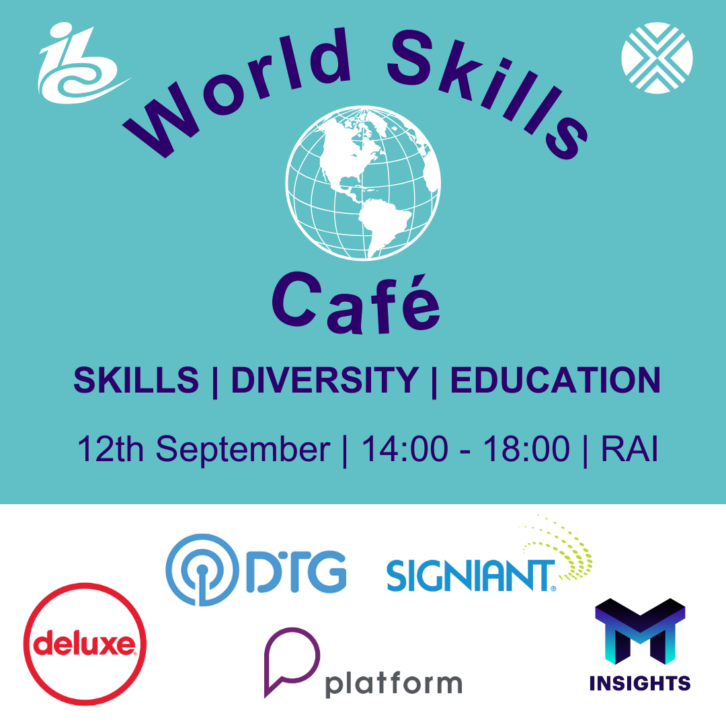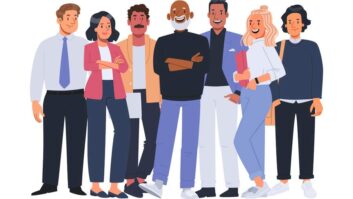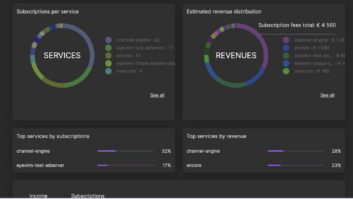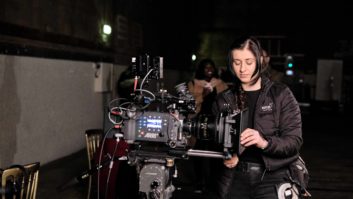This is a conversation I have had since the World Skills Café was launched a few months ago. And although I don’t agree with this statement, I do understand why it is being made. The precarious position the industry is in, alongside the rapid innovation and focus on technologies such as AI and cloud technology, is all-consuming for companies who are not only fighting to develop and embed these innovations but who are also simply trying to stay alive. The saying ‘survive to 25’ has been ringing in many people’s ears for months now.

Companies are making people redundant, some in the glaring light of the industry, others more quietly, but either way the impact on people’s lives is clear to see. Other businesses are looking at how AI can be implemented effectively and immediately to drive cost-savings across their pipelines, whilst some are just waiting for a greenlight commission, which currently seem very few and far between. And all of this is happening simultaneously during one of the biggest sporting summers.
Simply put, there just isn’t the headspace, budget or resources to focus on skills or diversity and inclusion as much as there was five years ago – perhaps even two years ago. However, juxtaposing this is the fact that within the recent IABM Talent Shortages in MediaTech report, 80 per cent of respondents stated that they were still finding it very difficult to recruit technical and engineering staff. That is a staggering figure, but a quick search on many companies’ careers webpages will show you that this is indeed the case. The dichotomy is real and is being felt across the industry.
Furthermore, the Creative Industries Policy & Evidence Centre reported in early 2024 that over 90 per cent of people in the creative industries are white. In terms of managerial positions, 70 per cent are men, with only one per cent being black. And yet we know that diversity is vital for innovation, product development, and improving the bottom line. A McKinsey & Company study found that companies with more than 30 per cent female executives were more likely to outperform companies that only had between 10 to 30 per cent. In the case of ethnic and cultural diversity, the same survey found that top-quartile companies outperformed those in the fourth quartile by 36 per cent in profitability.
The current situation that the media technology industry finds itself in is a complex one but one that needs to be addressed head-on. We can’t stop the push for a more diverse workforce, and we ignore the skills crisis at our peril. The lack of clarity around career pathways, learning & development, remuneration and technology convergence are huge factors that impact how attractive the industry is to the outside world and to others already in it. All of these issues directly affect the shortage of people within technical and engineering roles across the sector and explain why we see such high figures being collated in the IABM report. Alongside this, although the industry is now acutely aware of the lack of diversity across the sector with great strides being made around gender diversity over the last eight years, there is also a huge chasm when we look at other diversity characteristics and representation – including, but not limited to, ethnic, disability, LGBTQ+ and socio-economic characteristics. It is time to change this and be honest about our shocking lack of representation in so many areas.

World Skills Café
The World Skills Café will be a hands-on interactive session designed to understand and unpick some of these issues and critically ensure we have commitments from every person and company in the room that will see action taken over the next year. There will be time to understand at what levels of seniority we need more technical people, in what job roles and where geographically these gaps exist. In addition to this, we will also be looking at how we can attract and retain more diverse communities into our dynamic and brilliant industry. The solutions aren’t going to be easy and one size won’t fit all either. But this session will hopefully give everyone the time to discuss these issues in detail and provide the breathing space to really consider what actions and steps need to be taken and how we can work collectively together.
As I mentioned early on, I am very aware of the challenges that the industry is facing at the moment, but if we continue to cut funding, investment and support for skills and diversity, I have no doubt that the industry will be in a worse position and have taken a step back in its drive for a more diverse workforce.
If you would like to join the World Skills Café on Thursday 12th September at IBC2024, RAI Amsterdam, you can register here: https://www.mediatalentmanifesto.com/world-skills-cafe







